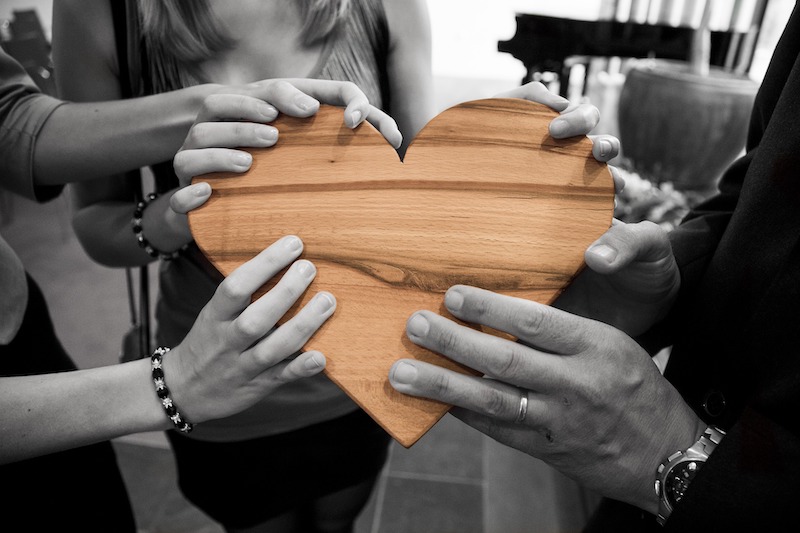Love and psychotherapy (5/5): Endings
-
-
Divine Charura
Love is fundamental to human lives, cropping up repeatedly in client narratives and consulting room dynamics. But how much do we understand about it? Dr Divine Charura, editor of Love and Therapy, concludes his five-part series on the role of love in life and psychotherapy with some reflections on the importance of facilitating a good ending in therapy.

When we are working with love, loss is never far away. Often clients are brought to therapy by the ending of a relationship, or the loss of a loved one. Or perhaps they are preoccupied with the existential struggle of what life really means when death must be faced at some point.
Another layer to this is the reality of the ending of the therapeutic relationship itself, with some theorists arguing that the whole aim of therapy is really to prepare the client for the end.
A colleague of mine, Peter Schmid, in his writing on love and death, stated that any denial of death is also a denial of love. If therapy is about love and life, then it is also about ending. If we can facilitate a good ending in therapy, we can offer our clients a way to experience love and explore its place in life’s journey – and perhaps also a prototype to navigate endings in other relationships.
Understanding the process and practicalities of endings is essential for me. I see ending as a phase of therapy rather than just the final session. As part of this process, I jointly explore what endings mean for the client, and talk through endings they may have had in their life, as well as their feelings around the ending of our therapeutic relationship.
Together we try to understand how they have experienced change in themselves through the therapeutic process, as well as what they may be avoiding or still need to work through. Endings can enable clients to reflect on their ability, as Freud put it, to love and to work. Perhaps the client finds themselves freed to live life more to the full, and becomes more creative in all sorts of ways. Endings can also include relapse prevention work, and containing the client’s anxiety or emotions relating to increasing their capacity to face the future.
As I write this, I’m thinking of Nina, who came to therapy for three weeks before announcing, “I think I am ready to end. I feel so much better”. Over the course of the ensuing session, it emerged that she had experienced multiple traumatic endings to close relationships. She had developed a defence, ending relationships as soon as she could, even – or especially – if they were going well, because she did not want to ever get hurt again.
Following this session, we went on to work together twice weekly for two years. Recently I received a letter from Nina, and with it was a wedding photo and another of a beautiful baby. Even though our therapy ended eight years ago, she had remembered our sessions and signed the letter: ‘with love, thanksgiving, and gratitude for helping me find myself again’.